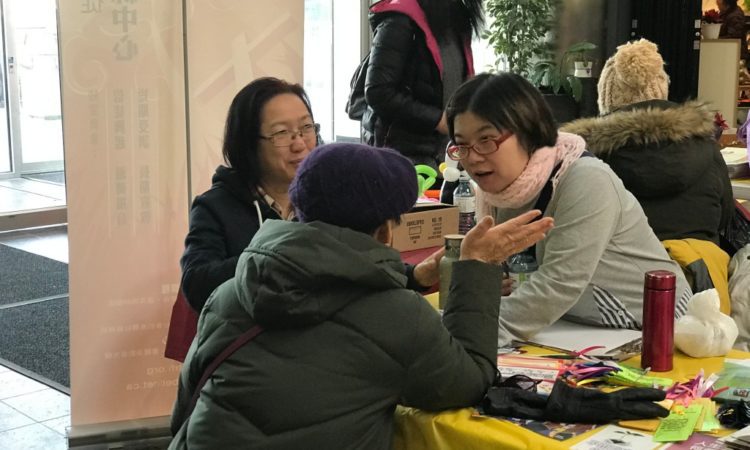Lu Shi 2022-04
The perspective of Culture and History
Dear readers, just wonder if you share the same thoughts?
Life and work are not easy for new immigrants to Canada, it takes time and effort to make headway. Yet, cultural assimilation does not take a foothold easily despite hard work and time commitment. Assimilating into the Western culture is not easy, the same applies to getting acquainted with new immigrants from mainland China. And without an in-depth understanding of Chinese culture and history, it is no easy task to get to the heart of these gospel friends.
Culture and history are deeply intertwined. Culture arises from history, exists in history, and is sediment and product of history. In particular, Chinese culture is richly sedimented from a very long Chinese history, and is therefore deeply rooted and widely spread. Examples are abundant and can be found in the poetry of the Tang Dynasty and Song Dynasty, traditions, Confucian philosophy, etc.
For new immigrants from Mainland China, clashes in culture and history are inevitable, the struggles are real and inexplicable, and not in terms of win or lose, good or bad.
In addition, Chinese culture has made several transformations itself in history, from a civilization of 5,000 years ago to the influence of Japanese or Western invasions, and the emergence of Chinese communism, atheism, “Cultural Revolution” (a split from the old culture, old thinking, old traditions, old habits). These all add up to complicate the culture and history framework reflected in new Chinese immigrants. This means it takes our listening ears and respect to achieve what we want to achieve.
- Most immigrants still hold the view that they are Chinese, despite being naturalized into Canadian. Some continue to hold on adamantly to their own culture and tradition, or cultural superiority also. Misunderstandings often arise when they perceive being despised or not respected in their Chinese culture and history.
- It happens to some who themselves are discontent with certain aspects of the culture or history (e.g. one who dislikes classic literature and has to be force-fed, or has experienced a restriction of traditions, etc.), but would react strongly to criticism applied to the same, whether deep down or in words.
- Those who went through a transformation of culture and history, whether themselves or their relatives or friends and have been injured, tend to react strongly when their painful experience is reminded. This especially holds to the “destroying the four olds” in the late Chinese Cultural Revolution.
- In general, immigrants from mainland China continue to hold ties with China like a tree that gets uprooted but has not been re-planted. They have plans to move back after naturalization to continue their career or move back to retire, to resettle in their birthplace. To build a constructive relationship with these people, we ought to have consideration of these factors and not cause unintentional injuries.
The followings are some ways to get into the life of our gospel friends while avoiding unnecessary clashes in culture and history.
- Take heart to understand and feel the complexity of Chinese culture and history that is deep down in our new immigrant friends. They may be offensive, and combative at times, but as long as they are willing to share, we need to listen. It will be unnecessary to verify the truth or argue about the content of what they have to say.
- In the process of caring, it is always helpful to ask for approval first before having our immigrant friends express their opinion, preference, or feeling about certain cultural/historical matters, to seek out any old pain or discomfort they may have encountered.
- Send our care of these immigrant friends via traditional Chinese festivities, invite them to your house, and invite them to your church. Be continual, not just a one-time deal, make them feel at home in this foreign land.
In conclusion, let the holy spirit guide us in sharing our own experiences in encountering differences in culture/history. And from this point, we can share our newly acquired perspective after knowing Jesus. Our new home is in Jesus and our heavenly Father. Let us put our immigrant friends in prayers, ask the Holy Spirit to strike up a resonance between us, and lead them to God.

